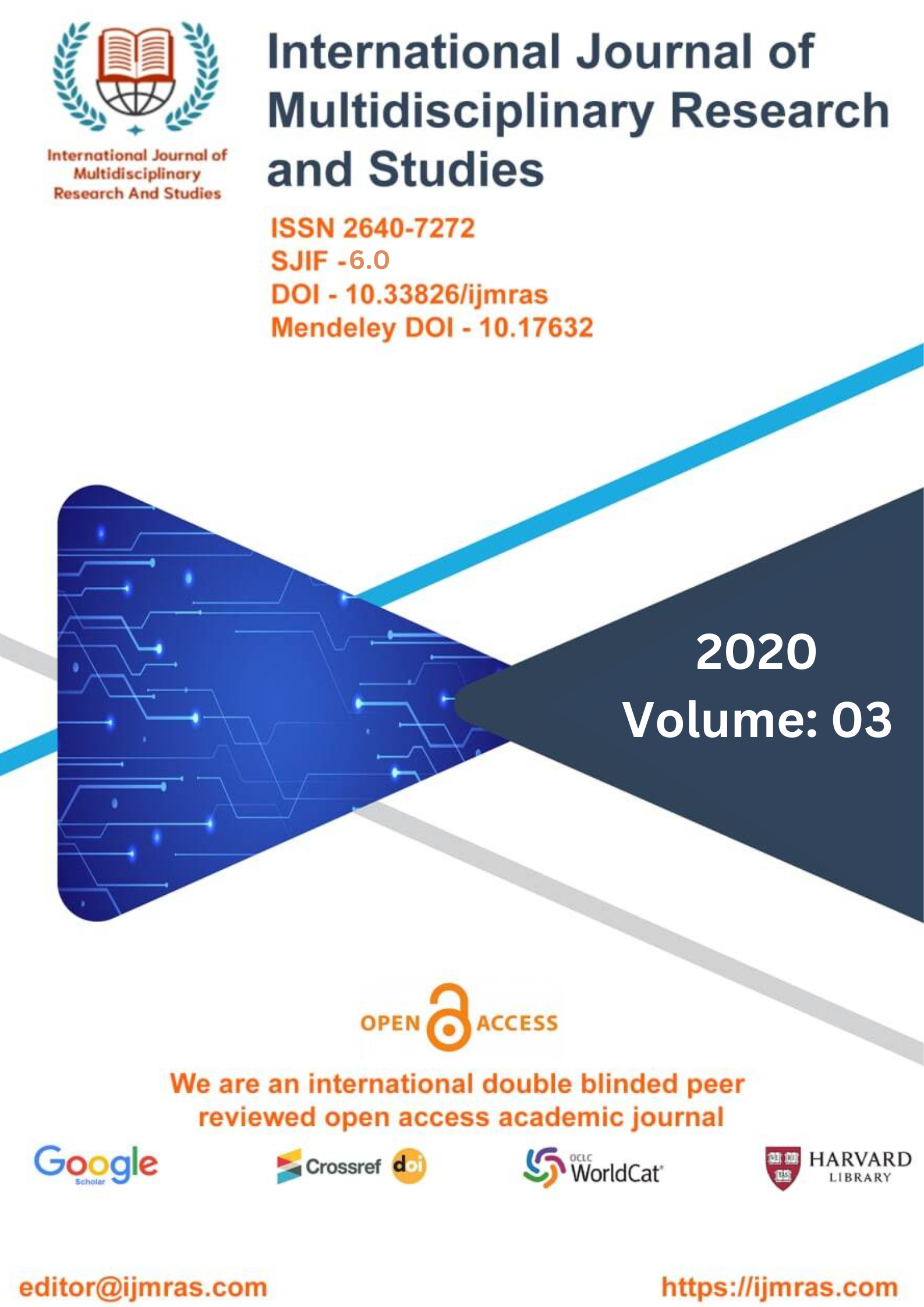MORPHOLOGICAL AND PHYSIOLOGICAL ADAPTATIONS OF BIRDS TO FIGHT. MODERN BIRD CLASS SYSTEMS

Abstract
Birds have evolved various adaptations to aid them in fighting for resources, territories, and mates. These adaptations include morphological changes such as beak shape and size, claw shape and size, and wing structure. Additionally, birds have developed physiological adaptations such as increased endurance, heightened senses, and specialized respiratory systems. The modern bird class system is based on these adaptations and provides a framework for understanding how birds have evolved to meet the demands of their environment. This research paper will review the morphological and physiological adaptations of birds to fight, with a focus on the modern bird class system. Birds have evolved a variety of morphological and physiological adaptations for fighting, which are essential for survival and reproduction. These adaptations include modifications to beak shape and size, flight behavior, feet and talon structure, and respiratory systems. The modern bird class system provides a framework for understanding these adaptations and the diversity of bird species. Additionally, studying these adaptations can have practical applications for conservation and technology. As birds face numerous threats from human activities and the impacts of climate change, understanding their unique adaptations can provide insights into their ability to adapt to changing conditions.
Keywords
birds, environmentHow to Cite
References
Badyaev, A. V. (2005). Stress-induced variation in evolution: from behavioural plasticity to genetic assimilation. Proceedings of the Royal Society B: Biological Sciences, 272(1566), 877-886.
Bloom, P. H., Scott, J. M., & Weems, R. A. (2011). Raptor research and management techniques. Hancock House Publishers.
Braun, M. J., & Brumfield, R. T. (1998). Morphological and behavioral evolution in the Ovenbird genus: a phylogenetic analysis. Evolution, 52(5), 1461-1475.
Dawson, A., &Whittow, G. C. (2015). Avian physiology. John Wiley & Sons.
Hill, G. E., & McGraw, K. J. (2006). Bird coloration. Volume 1, Mechanisms and measurements. Harvard University Press.
McGraw, K. J. (2011). Bird coloration: mechanisms and measurements. Harvard University Press.
van Grouw, H. (2018). The evolution of beaks and bills: from characteristics to ecology and speciation. Journal of Zoology, 304(4), 223-232.
Yong, E. (2014). The future of flight: what birds teach us about innovation. The New Yorker.
Zahavi, A. (1975). Mate selection: a selection for a handicap. Journal of theoretical Biology, 53(1), 205-214.
Zahavi, A., &Zahavi, A. (1997). The handicap principle: a missing piece of Darwin's puzzle. Oxford University Press.
Zuk, M., & Johnsen, T. S. (2000). Social environment and secondary sexual traits in the Red Junglefowl. Behavioral Ecology, 11(2), 137-140.
Zuk, M., &Kolluru, G. R. (1998). Exploitation of sexual signals by predators and parasitoids. The Quarterly Review of Biology, 73(4), 415-438.
Hoppitt, W. J., &Kandler, A. (2015). Cultural transmission in animals: frequency-dependent and heritable effects on learning opportunities. Learning & behavior, 43(4), 343-351.
Garamszegi, L. Z. (2014). Modern phylogenetic comparative methods and their application in evolutionary biology: concepts and practice. Springer.
Harvey, P. H., &Pagel, M. D. (1991). The comparative method in evolutionary biology. Oxford University Press.
Schluter, D. (2000). The ecology of adaptive radiation. Oxford University Press.
Losos, J. B., &Ricklefs, R. E. (2009). Adaptation and diversification on islands. Nature, 457(7231), 830-836.
Grant, P. R., & Grant, B. R. (2008). How and why species multiply: the radiation of Darwin's finches. Princeton University Press.
Sibley, C. G., & Ahlquist, J. E. (1991). Phylogeny and classification of birds: a study in molecular evolution. Yale University Press.
License
Copyright (c) 2020 SOMESHWAR KUMAR

This work is licensed under a Creative Commons Attribution 4.0 International License.
Individual articles are published Open Access under the Creative Commons Licence: CC-BY 4.0.




